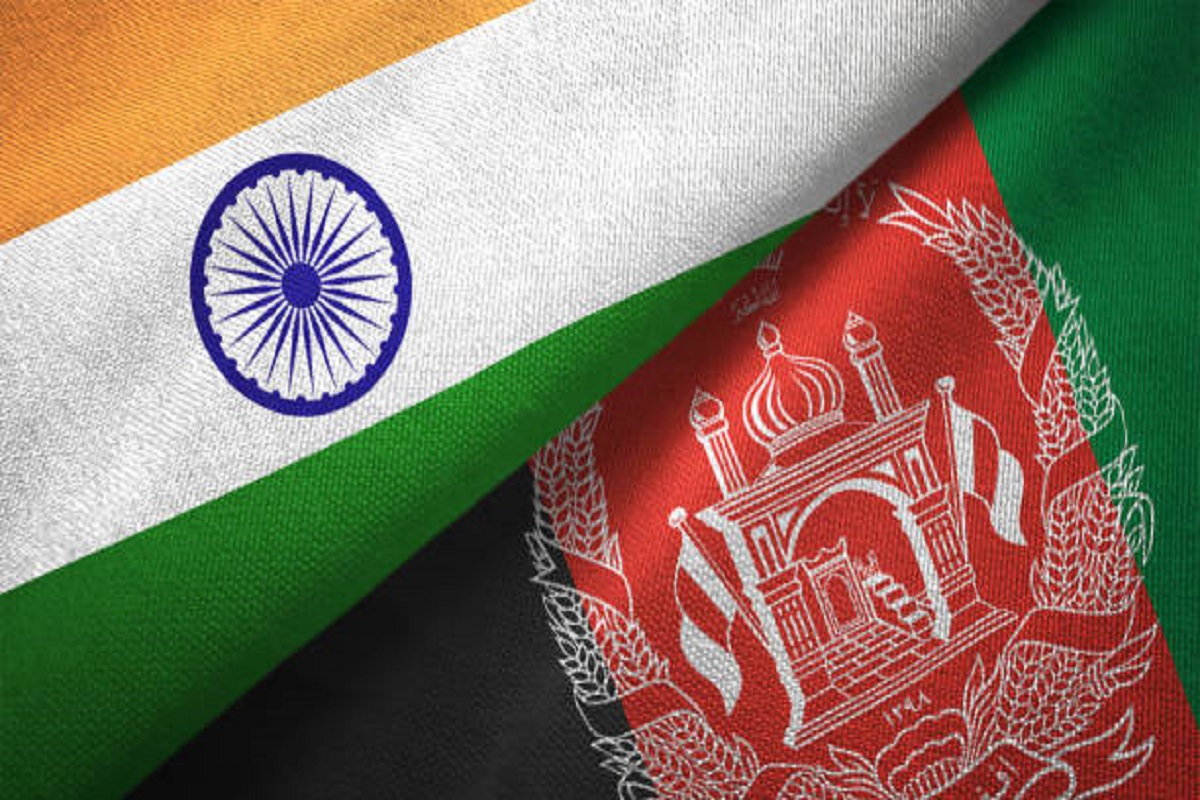India and the five Central Asian countries today reiterated their strong support for a peaceful, secure, and stable Afghanistan while emphasising the respect for sovereignty, unity and territorial integrity, and non-interference in its internal affairs.
They reaffirmed the importance of UNSC Resolution 2593 (2021) which unequivocally demands that Afghan territory should not be used for sheltering, training, planning, or financing terrorist acts, and called for concerted action against all terrorist groups.
Advertisement
At the 3rd India-Central Asia Dialogue here, they also agreed to continue close consultations on the situation in Afghanistan.
The meeting, chaired by External Affairs Minister S Jaishanakar, was attended by the foreign ministers of Kazakhstan, Kyrgyz Republic, Tajikistan, Turkmenistan, and Uzbekistan.
While taking note of the outcome document of the Delhi Regional Security Dialogue held on 10 November. the ministers noted that there was a broad ‘regional consensus’ on the issues related to Afghanistan, which includes the formation of a truly representative and inclusive government, combating terrorism and drug trafficking, the central role of the UN, providing immediate humanitarian assistance for the Afghan people and preserving the rights of women, children, and other national ethnic groups.
In a joint statement issued at the end of the meeting, the ministers expressed satisfaction at the ongoing Central Asia-India cooperation in the fight against the Covid-19 pandemic.
The foreign ministers of the Central Asian countries appreciated India’s assistance in the supply of vaccines and essential medicines during the early stage of the fight against Covid-19.
The ministers emphasised on optimum usage of the International North-South Transport Corridor (INSTC) as well as the Ashgabat Agreement on International Transport and Transit Corridor to enhance connectivity between India and the Central Asian countries.
They stressed that connectivity initiatives should be based on the principles of transparency, broad participation, local priorities, financial sustainability and respect for sovereignty and territorial integrity of all countries.
They welcomed the proposal to include Chabahar Port within the framework of INSTC and expressed interest in cooperation on issues related to the development and strengthening of regional connectivity in Central and South Asia.
The ministers underlined the civilizational, cultural, trade, and people-to-people linkages between India and Central Asian countries and reaffirmed their commitment to building a comprehensive and enduring India-Central Asia partnership.
They highly appreciated the role of the India-Central Asia Dialogue, as an effective platform for strengthening the multifaceted cooperation and exchanging views on various regional and international issues of mutual interest.
They emphasized that the establishment of long-term relations between Central Asia and India is aimed at enhancing regional peace, security, stability, sustainable economic growth, and prosperity in the region.
They discussed further strengthening of the India-Central Asia Dialogue and agreed to hold regular annual meetings of the dialogue.











